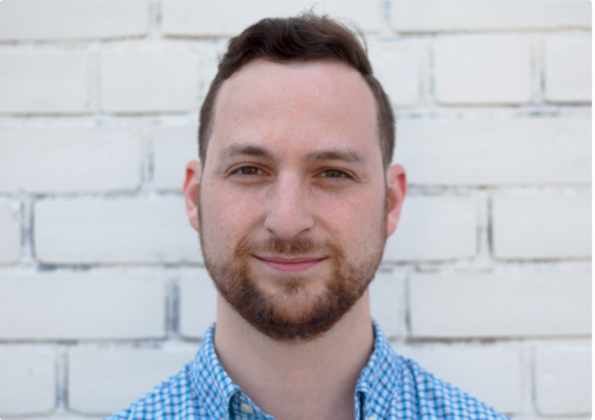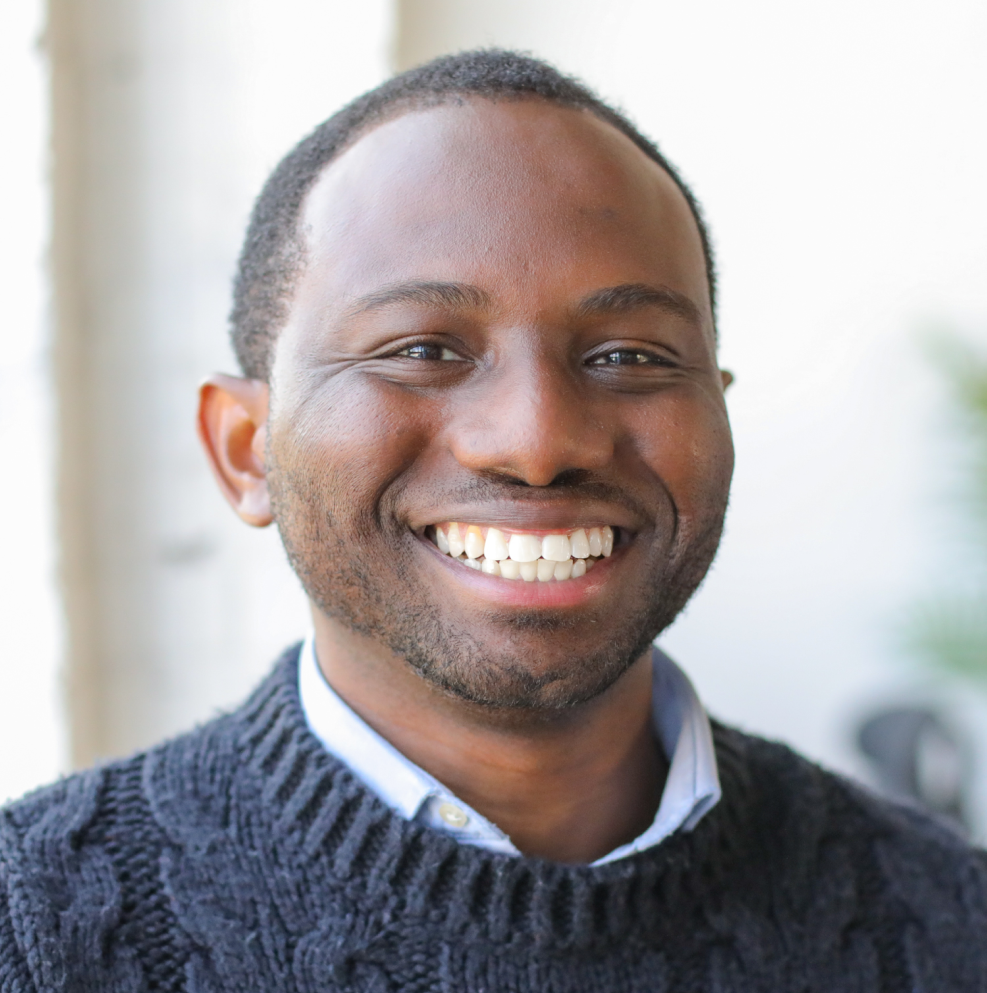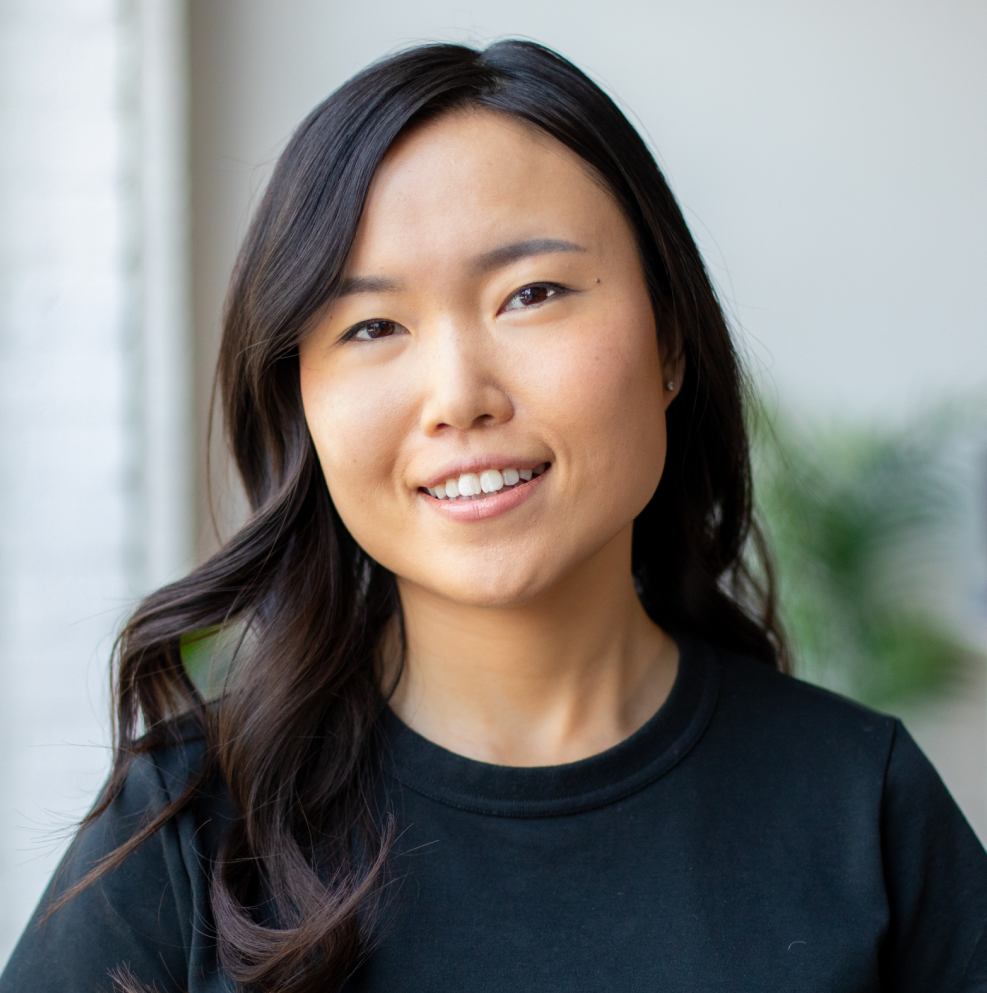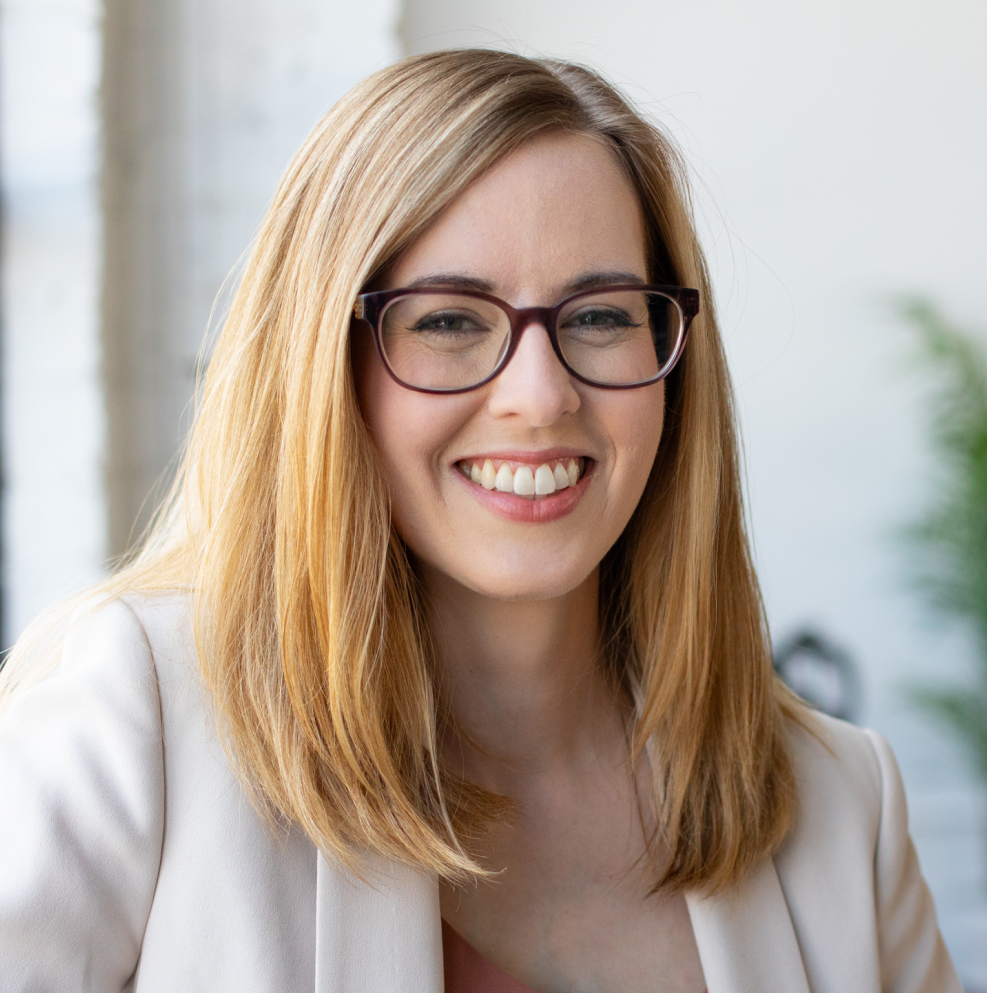Student Profile
Matt Mayers
Co-Founder at Rally
Program Taken
UX Design Bootcamp
Key Skills Learned
- User Research
- Sketching and Wireframing
- Prototyping

Interview
What does a typical day look like for you as a Co-Founder of Rally?
Every day is different and that's why I love my job. As a Co-Founder, my responsibilities range from product design, to customer success, to accounting, to recruitment, to development. Some days are filled with meetings, others are quiet and focused. I start every day by asking myself, "What set of actions can I take today to add the most value for my company and team?" Sometimes that means weighing in on a high-stakes product discussion, other times it means running to the post office to buy stamps.
What made you decide to apply to the User Experience Design Bootcamp?
I have always been deeply fascinated by the intersection of human behavior and technology. User experience design is so much more than selection of fonts and colours. Digital design has the power to alter how people see themselves, interact with each other, and engage with the world around them. Through BrainStation, I aimed to achieve a stronger understanding of how to harness this power. I wanted to develop both my creativity and technical acumen to improve people's lives with innovation.
User experience design is so much more than selection of fonts and colours. Digital design has the power to alter how people see themselves, interact with each other, and engage with the world around them. Through BrainStation, I aimed to achieve a stronger understanding of how to harness this power.
How did the skills you learned at BrainStation contribute to how you designed your product?
At BrainStation, I learned how to take a step back and ask the right questions before starting to build. Who are we building for? What are their biggest pain-points? Where are the greatest opportunities to improve people's workflows? What do they want, not just from products but from their lives? What do they need?
We spent several months speaking with potential customers, asking these questions and iterating on mockups before writing a single line of code. We have since developed a design-first culture and answering the 'why' always comes before the 'what' and 'how.' We're proud that even our talented development team is involved in the process from the very early stages of design to help ensure we're building the right tools for our customers.
What was a highlight of your BrainStation learning experience?
While learning the core executional skills of UX design was one of the best educational experiences of my life, I particularly enjoyed the group discussions focused on the philosophy and ethics of design. Thanks to my Educators, there were many opportunities to dive into the rich, existential questions of what it means to design. These conversations forever changed my understanding of how the application of science through technology impacts humanity.
You hired Tiffany Chan, a fellow BrainStation graduate! How did you connect?
We did! We recently had the opportunity to recruit for an entry-level position and couldn't think of a better place to look than the bootcamp ecosystem. We got in touch with Michael Bennett, BrainStation's Career Success Manager, who connected us with Tiffany. With her experience both as a student in the Web Development Bootcamp and then as a TA, she was able to hit the ground running at Rally from her first day. Our team is now almost half BrainStation graduates!
What would you say are some essential digital skills needed to succeed in business?
The single most essential digital skill I would suggest for anyone in the tech industry is developing a foundational understanding of how code works. You will have a massive advantage knowing a bit about what's under the hood to confidently assess feasibility and effort requirements for new functionality. This applies to everyone. Learning the basics of code has made me a much more effective team member even though most of my job doesn't require any coding at all.
What advice would you give to aspiring UX Designers?
Designing for an idealistic world with rigid processes will only get you so far. In the real world there are technological constraints, market sizing concerns, budgets, and timelines that all need to be considered. Learning to understand everyone else's role within a team (such as marketing, finance, development, etc.) and their requirements is as important as designing for the end-user. This is how you move beyond pipe dreams and toward product designs that actually get built and used in real life. By gaining a sense of the big picture and approaching your process with an appropriate level of flexibility, you will find yourself integrating business and technical requirements into your designs at earlier stages.
Get Started
Ready to Become the Next Success Story?
Join a network of over 250,000 professionals who are transforming and accelerating their careers through cutting edge tech skills.
- Discover new courses and programs
- Learn about tuition, payment plans, and scholarships
- Get access to VIP events and workshops


